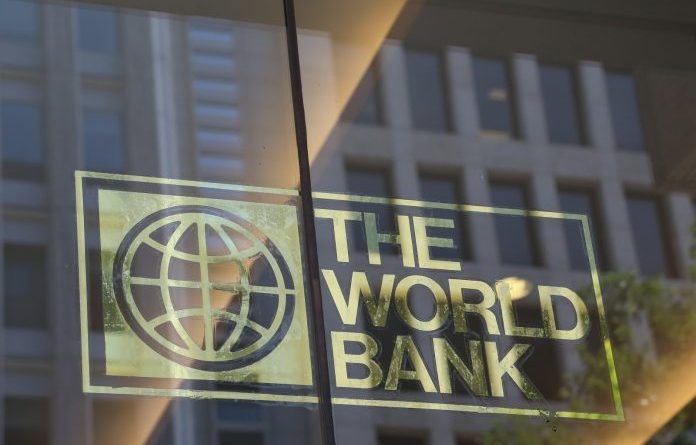Covid-19 an opportunity to initiate structural reforms in Pakistan, says WB economist
LAHORE: World Bank Senior Economist Gonzalo Varela on Monday said that the Covid-19 pandemic is an opportunity to initiate structural reforms in Pakistan since the country’s exports have been hit hard due to the coronavirus.
Pakistan recorded $1.39 billion in merchandise exports for May 2020, a 34 percent drop from May 2019.
Also Read: Osiak bridge construction begins at last
The World Bank senior economist during an online interaction with members of All Pakistan Business Forum (APBF) said that the short-term global trade prospects lack optimism as experts forecast contractions in exports in the months ahead.
“At such a time, exports are crucial to Pakistan’s recovery because they are labor-intensive and provide plenty of good jobs for Pakistanis. Global and regional trade integration offers Pakistan a tremendous potential in driving and sustaining growth and poverty reduction,” he said.
He suggested the need for protecting the exporters through smart export promotion and the need for structural reforms to aid economic recovery.
He further suggested that the Pakistani government needs to lift barriers to exports, including easing up import restrictions. “Firms need to import to export successfully,” he argued
While speaking on the occasion, APBF President Syed Maaz Mahmood appreciated the debt relief measures taken by the G20 countries, International Monetary Fund (IMF) and the World Bank (WB) for the developing countries including Pakistan.
He urged multilateral development partners, including WB, to play their due role by investing in the social sector rather than exclusively in mega development projects, which would help in shifting the focus of member governments back to social sector development.
He further said Pakistan’s health care system is not equipped to handle emergencies like Covid-19 and appreciated the WB’s efforts along with the government to help enhance health capacity to respond to the challenge.
Syed Maaz Mahmood further observed that the initial relief packages of $1.4 billion by the IMF and $1 billion by the World Bank would have a substantial impact and provide much needed fiscal space to Pakistan which should be used for the well being and welfare of the public.
While noting that the Covid-19 pandemic has posed unprecedented health and economic challenges, he underlined that a global recession might lead to a situation worse than the Great Depression. “A global pandemic cannot be contained without strong, coordinated, and well-crafted global response,” he stressed.
APBF national and provincial board members called for announcing special incentives for cash-strapped SMEs, which represent more than 90 percent of the total 3.2 million business enterprises in Pakistan.
They suggested a significant cut in import duties, zero tariffs for basic industrial raw materials and waiver of sales tax, income tax, and additional income taxes. They further asked the government to simplify the procedure of obtaining loans from the banks for SMEs, besides bringing a sizable reduction in fuel prices, policy rate, and energy prices.

